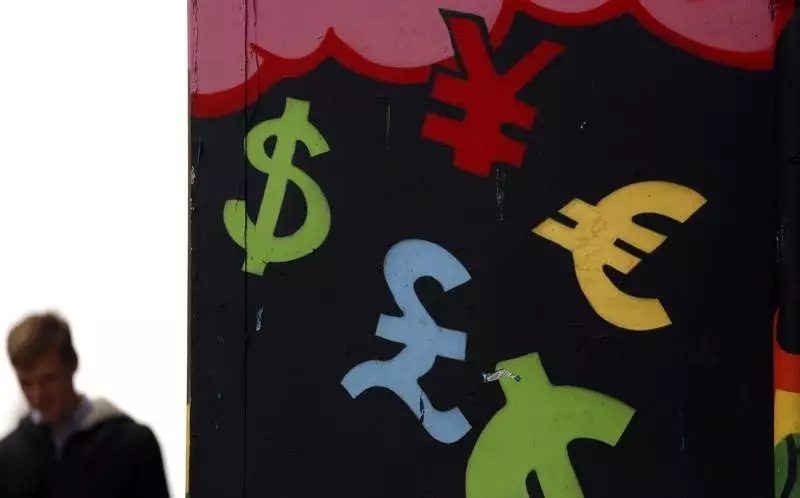In recent weeks, the cryptocurrency space has faced significant scrutiny, especially following the indictment of Aleksei Andriunin, the founder of the cryptocurrency market maker Gotbit. The case, which has garnered attention from the U.S. Justice Department, underscores the pervasive issues of market manipulation in the cryptocurrency market—a sector renowned for its volatility and lack of regulation. The charges against Andriunin not only reflect on individual actions but also shine a light on systemic problems that plague the crypto industry.
Aleksei Andriunin, aged 26, has been indicted on multiple charges related to wire fraud and conspiracy to commit market manipulation. According to the U.S. Justice Department, the alleged fraudulent activities took place from 2018 to 2024 while Andriunin served as the CEO of Gotbit. During this time, Gotbit allegedly engaged in practices meant to inflate trading volumes artificially for its clients, including those based in the United States. This modus operandi raises serious ethical questions regarding the integrity of the cryptocurrency market as a whole.
The ramifications of these actions extend beyond just the individuals implicated; they threaten to undermine the trust that investors place in the entire cryptocurrency ecosystem. The higher court structure currently influencing trading practices highlights the ongoing vulnerability of these platforms, raising concerns about investor protection and the potential for further regulatory actions.
Federal prosecutors recently unveiled that Gotbit, along with other cryptocurrency firms such as ZM Quant and CLS Global, was part of a larger effort to tackle illicit practices within the cryptocurrency landscape. This crackdown resulted in four arrests and the seizure of over $25 million in various cryptocurrencies. The consequences of these investigations indicate a growing emphasis on accountability in an industry often criticized for its lack of oversight and regulatory frameworks.
The nature of cryptocurrency, characterized by anonymity and decentralization, poses unique challenges for law enforcement. However, cases like that of Gotbit signal a commitment from authorities to impose stricter regulations and hold companies accountable for manipulative practices. It raises critical discussions about the future of cryptocurrency regulations and what safeguards are necessary to foster a genuinely fair trading environment.
The indictment against Andriunin exemplifies the precarious nature of the cryptocurrency industry, where the potential for profit can often lead to unethical or illegal behavior. If convicted of wire fraud, Andriunin faces up to 20 years in prison, while the conspiracy charges bear a maximum penalty of 5 years. The potential penalties reflect the seriousness with which authorities are treating these manipulative acts.
As the dust settles from this indictment, industry participants must reflect on the long-term implications for cryptocurrency trading. Stricter regulations may be on the horizon, and companies will need to prioritize compliance and ethical trading practices to rebuild investor trust. Ultimately, the future of cryptocurrency may hinge on the industry’s willingness to evolve and adapt in response to both regulatory scrutiny and consumer demand for transparency.
The Gotbit case serves as a wake-up call for the cryptocurrency community, reminding all stakeholders of the need for integrity, accountability, and proactive measures to safeguard the integrity of digital assets.


Leave a Reply